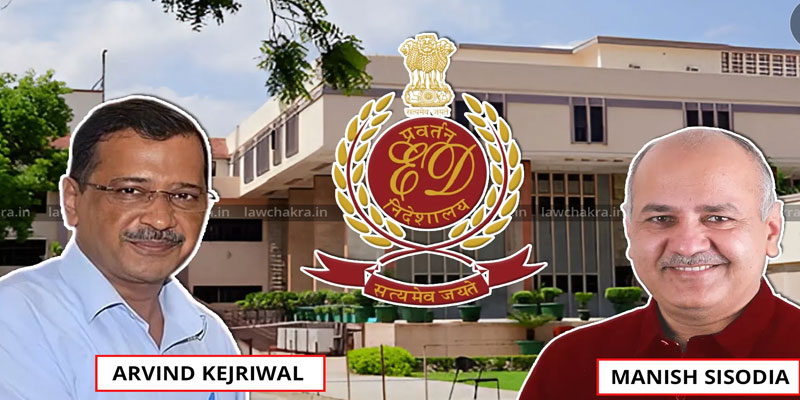Lucknow – In a major move aimed at ensuring uninterrupted electricity supply amid scorching summer conditions, the Yogi Adityanath-led Uttar Pradesh government on Wednesday invoked the Essential Services Maintenance Act (ESMA), 1966, effectively banning any form of strike in the power sector for the next six months.
According to an official notification, the ban extends to all key electricity-related organizations in the state, including:
-
Uttar Pradesh Power Corporation Limited (UPPCL)
-
Uttar Pradesh Rajya Vidyut Utpadan Nigam Limited (UPRVUNL)
-
Uttar Pradesh Power Transmission Corporation Limited (UPPTCL)
-
Kanpur Electricity Supply Company Limited (KESCO)
-
Madhyanchal Vidyut Vitran Nigam Limited (MVVNL)
-
Purvanchal Vidyut Vitran Nigam Limited (PuVVNL)
-
Paschimanchal Vidyut Vitran Nigam Limited (PVVNL)
-
Dakshinanchal Vidyut Vitran Nigam Limited (DVVNL)
-
UP Renewable and EV Infrastructure Limited
The decision comes as North India battles a severe heatwave, with temperatures in parts of the region—including Delhi—crossing 45°C. A Red Alert has been issued for extreme heat, further increasing the demand for continuous power supply. The government emphasized that this measure was crucial to prevent disruption of essential services and ensure round-the-clock electricity for residents during the peak summer months.
UP Govt Boosts Agricultural Innovation Through Greenhouse Farming
Alongside its efforts in the power sector, the Uttar Pradesh government is also driving agricultural innovation by encouraging farmers to adopt greenhouse and polyhouse technologies. These modern techniques aim to enhance crop yields and provide consistent income through all-season farming.
As per a recent government statement, farmers across 44 districts are implementing these innovations. Of these, 24 districts already have operational greenhouse facilities, while construction is ongoing in the remaining 20 districts.
These climate-controlled structures help protect crops from extreme weather conditions, enabling the year-round cultivation of vegetables like tomatoes, chillies, capsicum, cucumbers, and beans, as well as various grains. This results in higher-quality produce and better market prices, thereby boosting farmer incomes.





















